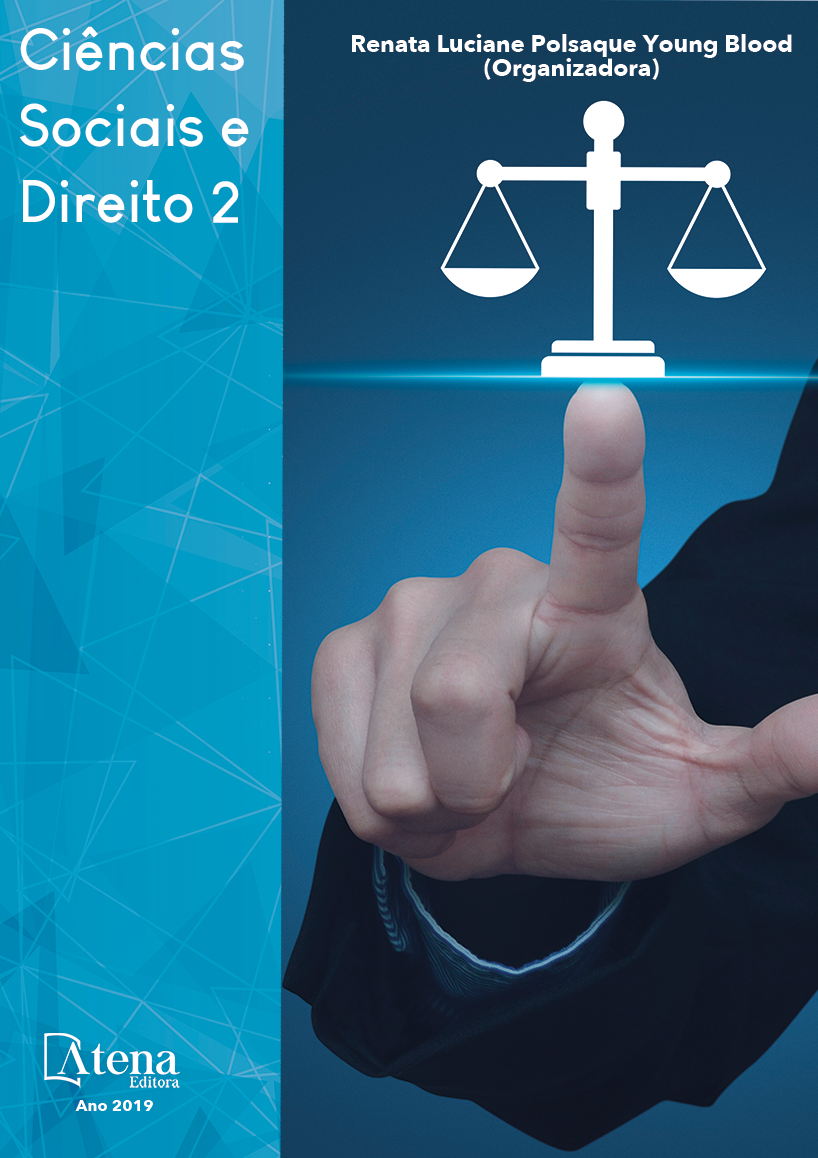
A PUBLICIDADE DIRECIONADA AO PÚBLICO INFANTIL E A CONSTITUCIONAL PROTEÇÃO À CRIANÇA E AO ADOLESCENTE
É inegável que a criança passa o
tempo livre assistindo formas de comunicação
digital. A exposição dos menores às mídias
se transformou em nicho de vendas. Com
essa realidade, percebeu-se o surgimento do
consumismo infantil, obesidade e interesse
pelo mundo adulto. O excesso de publicidade
despertou na sociedade o interesse pela
regulamentação, sendo criando o projeto legal
que tramita há 17 anos, ainda sem aprovação.
Enquanto o projeto tramita, a realidade dá
indícios práticos acerca das soluções, já que o
Poder Judiciário tanto entendeu pela abusividade
de anúncios que oferecem produtos em ‘venda
casada’ quanto já a afastou em situação similar
sob o argumento de que cabe apenas à família
a educação dos filhos. É certo que é papel da
família zelar pelos pequenos. No entanto, as
crianças permanecem expostas à influência das
mídias, devendo o Estado exercer tal proteção
em conjunto, sendo possível a limitação da
publicidade infantil. Quando analisado o direito à
manifestação do pensamento, a melhor solução
é o princípio da proporcionalidade. Neste caso
é o direito à saúde global das crianças que deve
prevalecer. Mas, a proteção dos menores não
representa a impossibilidade de divulgação de
produtos. Direcionar a publicidade à família e
convencê-la da compra será fácil se o produto
primar pela qualidade e bons publicitários
saberão como fazê-lo. No presente estudo se
analisou a respeito da influência das mídias
sociais no contexto infantil, bem como medidas
para se evitar problemas. Para tanto se fez o
uso do método dedutivo-indutivo, com revisão
bibliográfica.
A PUBLICIDADE DIRECIONADA AO PÚBLICO INFANTIL E A CONSTITUCIONAL PROTEÇÃO À CRIANÇA E AO ADOLESCENTE
-
DOI: 10.22533/at.ed.63019160417
-
Palavras-chave: Direitos da criança e do adolescente. Medidas de proteção. Tecnologias atuais.
-
Keywords: Rights of children and adolescents. Protective measures. Current technologies.
-
Abstract:
It is undeniable that the child
spends his free time watching forms of digital
communication. The exposure of minors to
the media has become a sales niche. With
this reality, the emergence of childhood
consumerism, obesity and interest in the adult
world was perceived. The excess of publicity
aroused in the society the interest by the
regulation, being creating the legal project
that processes 17 years, still without approval.
While the project is in progress, the reality gives
practical clues about the solutions, since the
Judiciary both understood the abusiveness
of ads that offer products in ‘married sale’ as
it has already removed it in a similar situation
under the argument that it is up to the family
only education of children. It is true that it is
the family’s role to watch over the little ones.
Ciências Sociais e Direito 2 Capítulo 17 177
However, children remain exposed to the influence of the media, and the State must
exercise such protection together, and it is possible to limit children’s advertising. When
analyzing the right to the manifestation of thought, the best solution is the principle of
proportionality. In this case it is the right to global health of children that must prevail.
But, the protection of minors does not represent the impossibility of divulging products.
Directing advertising to the family and convincing them of the purchase will be easy if
the product excels by quality and good advertisers will know how to do it. In the present
study we analyzed the influence of social media in the children’s context, as well as
measures to avoid problems. For this purpose, the deductive-inductive method was
used, with a bibliographic review.
-
Número de páginas: 15
- ANA EMÍLIA BRESSAN GARCIA


